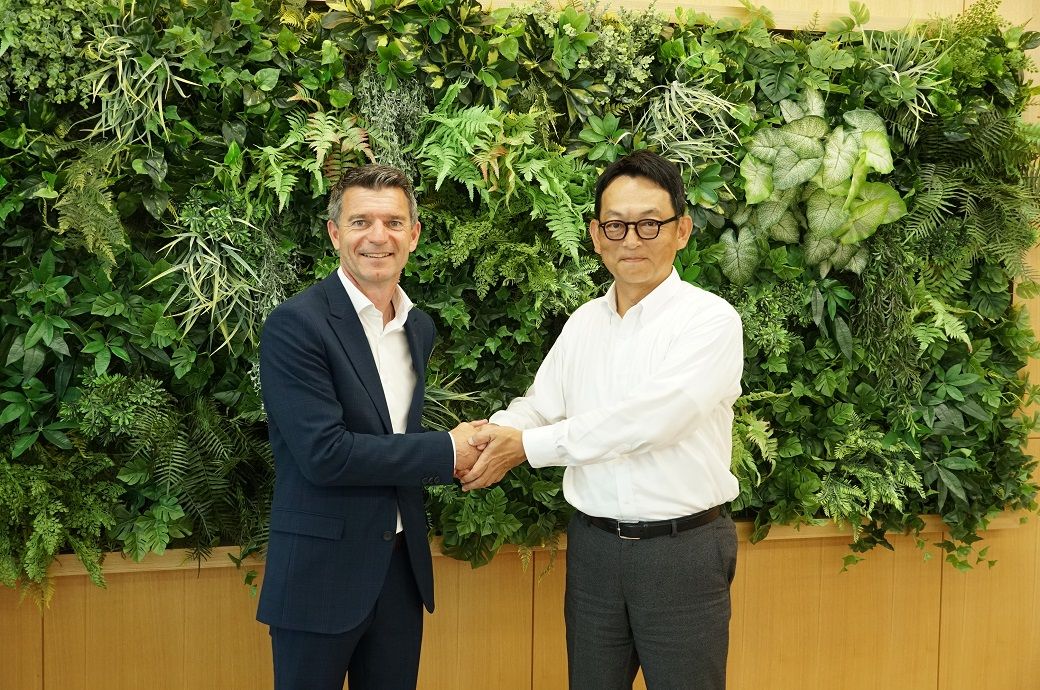
Nagase & Co., Ltd. has signed an agreement with TotalEnergies Corbion (TEC) to distribute Luminy PLA bioplastics in Japan. Through this partnership, Nagase will expand the reach of Luminy PLA in Japan, a country that has a strong focus on reducing greenhouse gas emissions. As one of the world’s largest economy, Japan’s ambitious goals of carbon neutrality by 2050 has set the country in trajectory of adopting new technologies that reduce carbon emissions and minimize waste.
In addition to expanding sales of Luminy PLA in the Japanese market, NAGASE and TEC will collaborate on research and development to evaluate and enhance material properties to develop new applications that meet customer needs. Through this strategic collaboration, both companies aim to reduce environmental impact by mitigating greenhouse gas emissions and promoting a world based on a sustainable, circular and regenerative economy.
TotalEnergies Corbion’s Luminy PLA is derived from ethically sourced, annually renewable sugarcane crops. With a significantly lower carbon footprint - 75% less than conventional plastics - Luminy PLA offers inherent advantages such as a range of melting points, with excellent heat resistance and robust mechanical strength as well as favorable color appearance (including transparency). This makes it an ideal choice across a diverse range of applications. PLA is utilized across several sectors including food packaging, apparel, and durable goods such as automotive interior components, hardware components and luxury casing.
NAGASE and TEC will contribute to reducing Japan’s, and the world’s carbon footprint. Japan’s strong commitment to sustainability and innovation makes it a key market for Luminy PLA. With Nagase's market knowledge and TEC’s joint research and development efforts, both companies are well-positioned to advance the adoption of sustainable bioplastic solutions in the country. This collaboration underscores our dedication to providing materials with a lower environmental footprint while also supporting Japan's environmental goals.
Additionally, TEC actively champions chemical recycling to meet the rising demand for PLA. This approach supports sustainable material use and minimizes environmental impact by breaking down used PLA to its molecular components and re-synthesizing them into new Luminy PLA. Chemical recycling of PLA is done with a low energy consuming process of hydrolysis, and the resulting rPLA has the same food contact approval and characteristics of virgin PLA.
Fibre2Fashion News Desk (HU)